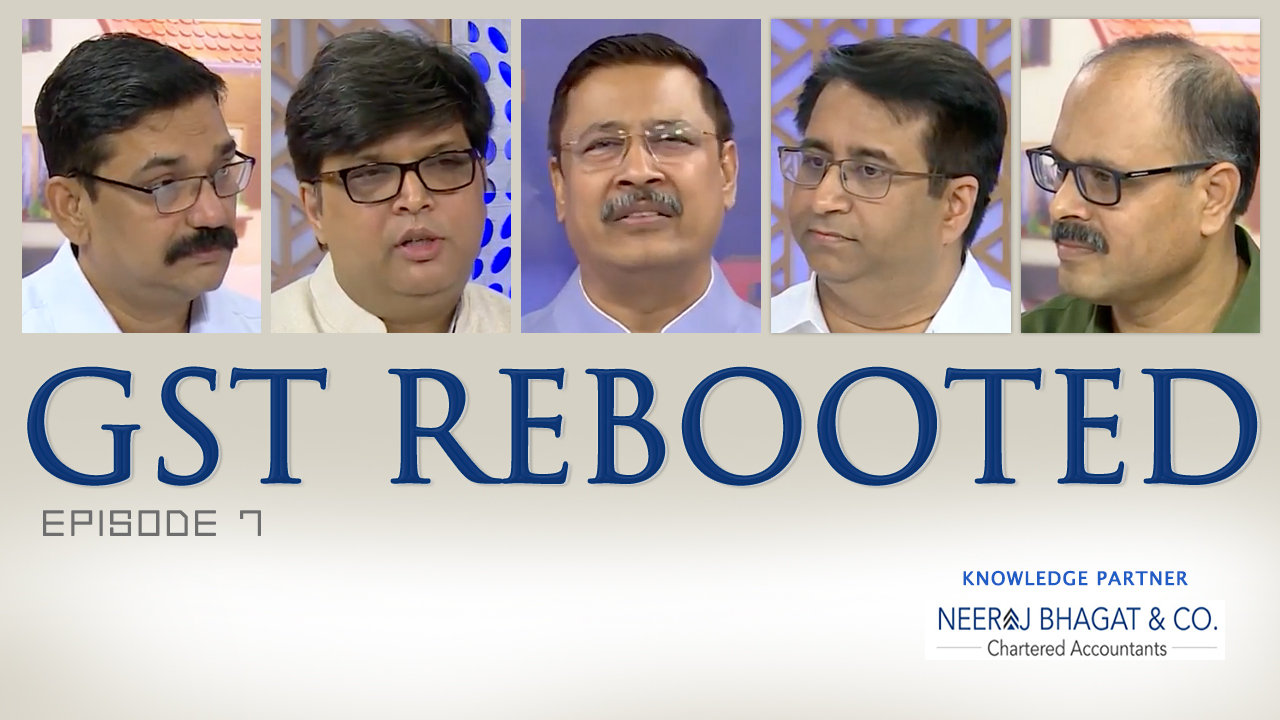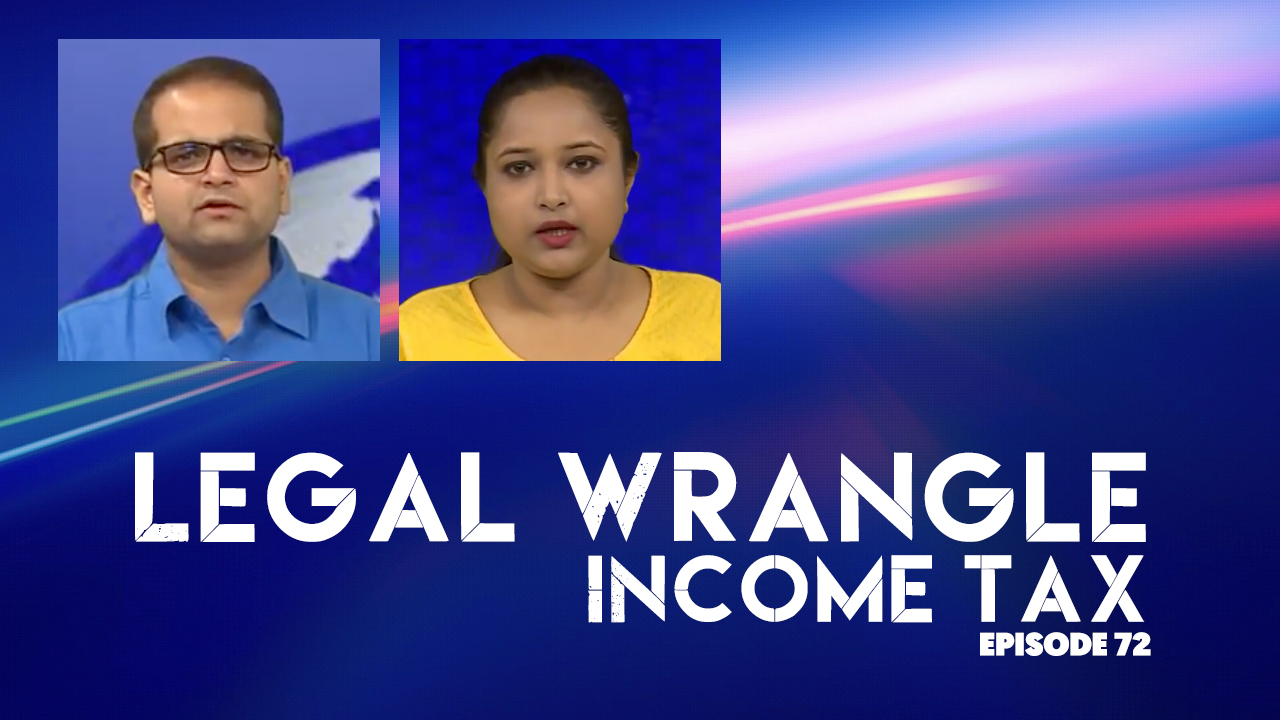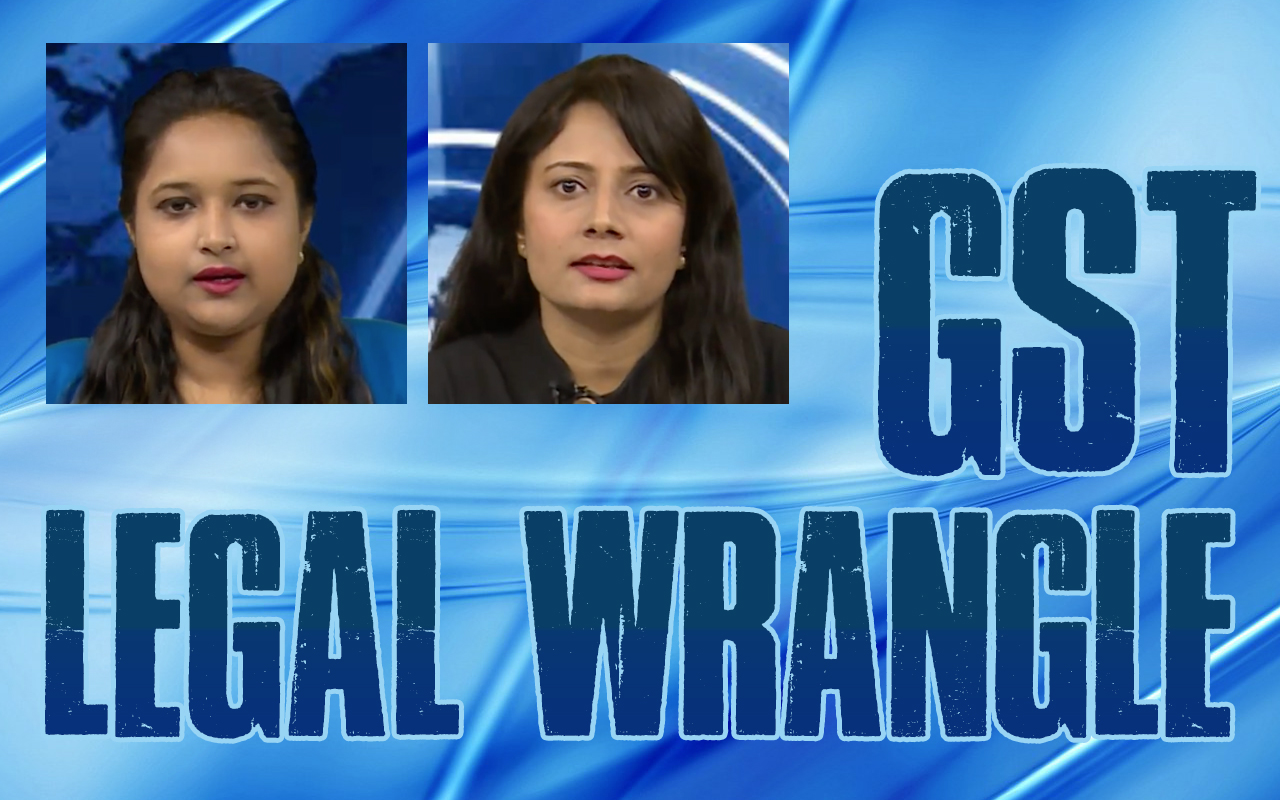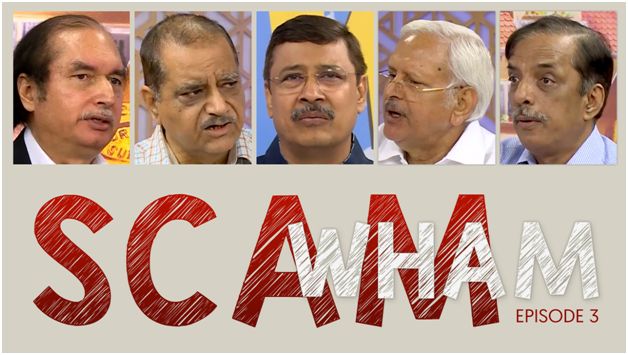SERVICE TAX
2018-TIOL-1472-CESTAT-DEL
Thai Airways International Public Company Ltd Vs CST
ST - Assessee is an airlines operator, engaged in providing services of transportation of passenger or goods from outside to India or to a destination outside India - Department initiated show cause proceedings against assessee, seeking confirmation of service tax demand for non included Passenger Service Fee (PSF) and Excess Baggage Ticket (EBT) sold by assessee - Since the assessee is intermediary between passenger and airport authority and is not providing any taxable service with regard to collection and deposit of PSF amount, such fee cannot be included in taxable value for payment of service tax - With regard to collection of Excess Baggage Charges by assessee from customers, such charges does not fall under any of category of defined taxable service for purpose of levy of service tax - Since, such charges collected by assessee are in relation to or in connection with transport of passengers by air service, the service tax demand cannot be confirmed under any other category of service - As regards to tickets sold by assessee prior to tax liability i.e. 1.5.2006 and used thereafter by passengers, assessee is liable to pay tax on taxable value received from customers - Tribunal in case of National Aviation Co. of India Ltd. 2015-TIOL-1684-CESTAT-MUM has held that in absence of any specific exemption provided for tickets used after 1.5.2006, the assessee is under statutory obligation to pay service tax on sale of such tickets - However, Tribunal has held that tax liability should be confirmed within normal period and extended period of limitation cannot be invoked - Since the demand was confirmed beyond the normal period, same is barred by limitation of time and demand cannot be sustained on the ground of limitation: CESTAT - Appeal allowed: DELHI CESTAT
CENTRAL EXCISE
2018-TIOL-1478-CESTAT-CHD + Case Story
Bharti Teletech Ltd Vs CCE
CX Refund - Appellant raised invoices with composite prices as per the contract and paid excise duty on cum-duty basis by reverse calculation while doing so, they were under the bonafide belief that no sales tax is payable however, their claim for exemption from sales tax was denied by the Sales Tax authorities and recovery was effected of sales tax Appellant, therefore, filed refund claim on the ground that sales tax element should also be deducted prior to arriving at the assessable value and since the same was not done, they had paid excess excise duty Refund claim rejected and appeal filed before CESTAT.?
Held: Assessment being final and excise duty has been discharged correctly with no indication of sales tax 'paid' or 'payable', no variation in assessable value at a later stage is permissible impugned order upheld and appeal dismissed: CESTAT by Majority - Appeal dismissed
: CHANDIGARH CESTAT 2018-TIOL-1477-CESTAT-CHD + Case Story Automax (Unit Of Omax Autos) Ltd Vs CCE
CX - CENVAT - Credit denied on the ground that what whereas the purchase order was placed for HR sheets/strips, the supplier's invoice described the goods as CRC sheets and, therefore, since the assessee does not require CRC sheets, there has only been invoice movement without supply of goods for facilitating availment of CENVAT credit; that HR sheets were procured from other sources for which no duty paying documents were available and, therefore, aforesaid modus operandi was adopted - appeal to CESTAT. Held: No investigation was done at the end of the transporter to ascertain whether goods covered under the invoices were transported to the factory of the appellant - so also no investigation was conducted to trace the alleged suppliers of the HR sheets - allegation that the inputs on which Cenvat credit was availed was not received in the factory is not sustainable - impugned order set aside and appeals allowed: CESTAT by Majority [para 20] - Appeals allowed: CHANDIGARH CESTAT
2018-TIOL-1471-CESTAT-DEL
Marwar Art Exports Vs CCE
CX - Assessee, a 100% EOU engaged in manufacture of wooden furniture opted to exit out of EOU scheme and accordingly, applied for issuance of NOC for debonding of EOU unit - It was observed by Audit Wing that assessee did not discharge duty liability on finished goods lying in stock - On the basis of audit report, Department initiated show cause proceedings against assessee - Assessee mainly contended that in absence of suppression, misstatement and fraud, the extended period of limitation cannot be invoked for confirmation of duty demand - Based on letter dated 26/12/2007 of assessee, Jurisdictional Assistant Commissioner of Central Excise has positively recommended for issuance of final debonding permission to the competent authority - On perusal of said letter of Jurisdictional Central Excise Authorities, it reveals that process of debonding initiated by assessee was known to Department on 26/12/2007 and upon satisfaction that assessee deserved for debonding of its unit, Authorities have recommended positively for issuance of NOC - Thus, it cannot be said that assessee had indulged into activities of suppression, fraud with intent to defraud Government revenue - Hence, SCN should have been issued within normal period of date of knowledge regarding debonding of unit by assessee - Since SCN was issued beyond the period of one year, same is barred by limitation of time - Therefore, adjudged duty demand confirmed on assessee cannot be sustained on the ground of limitation: CESTAT - Appeal allowed: DELHI CESTAT
2018-TIOL-1470-CESTAT-CHD
Mahindra And Mahindra Vs CCE
CX - Assessee is in appeal against impugned order for imposing penalty under Rule 26 of CER, 2002 - M/s DCM Engineering Ltd. is manufacture of castings for Auto Mobiles - For manufacturing of these castings, assessee is required pattern/dies to manufacture of these castings - As the buyers have made one time payment to assessee on account of pattern/dies and while issuing invoices the assessee has included amortized cost in their assessable value - It was alleged that assessee has recovered the cost of pattern/dies twice from buyers as one time payment and through invoices adding amortization cost in assessable value - As it was proposed in SCN to impose penalty on assessee for the payment made by them for one go for pattern/dies which were captively used by M/s DCM Engineering Pvt. Ltd. for manufacturing of castings and those goods were held not liable for confiscation, therefore penalty under Rule 26 have been imposed on assessee - On considering the fact that in the case of M/s DCM Engineering Pvt. Ltd., this Tribunal held that in this case on the co-noticee/buyers, penalty under Rule 26 of CER, 2002 is not imposable, therefore, penalty on the assessee is not imposable: CESTAT - Appeal allowed: CHANDIGARH CESTAT
2018-TIOL-1469-CESTAT-MAD
Future Polymers Ltd Vs CCE
CX - Dispute involves determination of value of Polyester Chips of Amorphous Grade (PCAG) with less than 2% IPA content - Department views that the price per kg. adopted by assessee in respect of Amorphous Grade Chips cleared to M/s. IOCL cannot be accepted as they are admittedly related persons - Assessee is correct in contending that transaction between related persons can be rejected only if it does not closely proximate to the value of similar goods, to non-related persons - Commissioner (A) has accepted transaction value of 2 MTs of 40% IPA AGC, which is an acceptance that relationship has not influenced the transaction value - It is also not in dispute that 2 MTs of 40% IPA was cleared by assessee to M/s. IOCL with full knowledge of higher IPA content, only on request from the latter as a one-time requirement for research and experimental purposes - This being the case, one-time clearance of a very small quantity of AGC, that too of a strength of 20 times the normal IPA strength normally cleared to them cannot be translated into notional transaction value for other predominant clearances of 2% strength AGC - In fact, assessee has contended that they have cleared more than 1,000 MTs of other grade - Adoption of value of Rs.48.14 per kg. to revise declared values of sub-standard and normal 2% IPA AGC is arbitrary and cannot be sustained, for which reason, the impugned order is set aside: CESTAT - Appeal allowed: CHENNAI CESTAT
CUSTOMS
2018-TIOL-1468-CESTAT-DEL
Corporation Bank Vs CCE
Cus - Assessee is a Government owned bank and is one of the nominated agency to import duty free gold for supply to Jewellery manufacturers in terms of FTP 2009 - 2014 - The imported gold was supplied to M/s. Gaurika Gems and Jewel Pvt. Ltd., who is a 100% EOU, for manufacture of jewellery - The dispute is that the jewellery made out of imported gold bars having not been exported out of country, assessee as a nominated import agency, is held liable for such violation - The export of jewellery and foreign exchange realization on such export are crucial for fulfillment of obligations of duty free import - FTP 2009 -14 applicable to EOU, to whom the duty free gold bars have been supplied by assessee, have cleared the jewellery to DTA against foreign exchange remittance - The assessee infact is the Bank who arranged foreign exchange remittance - There is no dispute on this aspect - Para 8.1 of FTP considers such clearance by EOU as deemed export - In this background, gold imported has been put to use for intended purpose i.e. manufacture of jewellery and thereafter duly disposed of with permission from competent Development Commissioner - The Development Commissioner apparently on consideration of condition and restriction imposed on assessee allowed such clearance to DTA - That being the case, there is no question of duty liability on imported gold on assessee - EOU are otherwise also eligible for duty free procurement of inputs - Such duty free procurement of gold bars have been effected from another policy concession available to assessee - Customs duty liability can not be fastened on assessee as gold has been supplied for intended purpose and after manufacture, duly disposed of, with the approval of competent authorities: CESTAT - Appeal allowed: DELHI CESTAT
2018-TIOL-1467-CESTAT-DEL
Matrix Valve Pvt Ltd Vs CC
Cus - Assessee engaged in import of various electrical and automobile parts - Upon comparison of value declared with NIDB data for contemporaneous imports, Department views that the value declared was undervalued - It is further noticed that unit price of tyre valves were declared on per kg. basis and not on per piece basis - The goods covered by Bill of Entry was found to be marginally undervalued and hence the value was enhanced with concurrence of importer and goods were allowed to be cleared - Department has asked the importer for documentary evidence to support the declared value - Accordingly, copies of manufacturer's invoice, which has also been attested by Bank, has been submitted which is identical to declared values - The Department has rejected the declared values only on basis of NIDB data of contemporaneous imports - It is settled position of law that declared values cannot be rejected only on the basis of NIDB data - This view is supported by decision of Tribunal in case of Topsia Estates (P) Ltd. 2015-TIOL-351-CESTAT-MAD - No valid reason found in impugned order for rejection of transaction value other than reference to NIDB data - Revenue has not brought anything on record to indicate that any additional consideration has been paid by importer for such goods - Consequently, redetermination of value on the basis of market enquiry has no basis and is set aside - Adjudicating Authority has also reopened the assessment made in respect of 52 Bills of Entry filed in the past - Revenue has undertaken no investigation into value of goods imported vide 52 Bills of Entry - The demand for custom differential duty in respect of these Bills of Entry has been made by invoking the suppression clause in Section 28 of Customs Act - But from the SCN, no specific wilful act of mis-statement or suppression of facts or collusion found on the part of import has been recorded - Hence, reopening of assessment in past 52 Bills of Entry is not justified - Impugned order set aside: CESTAT - Appeal allowed: DELHI CESTAT
|




 by Shailendera Kumar
by Shailendera Kumar 



